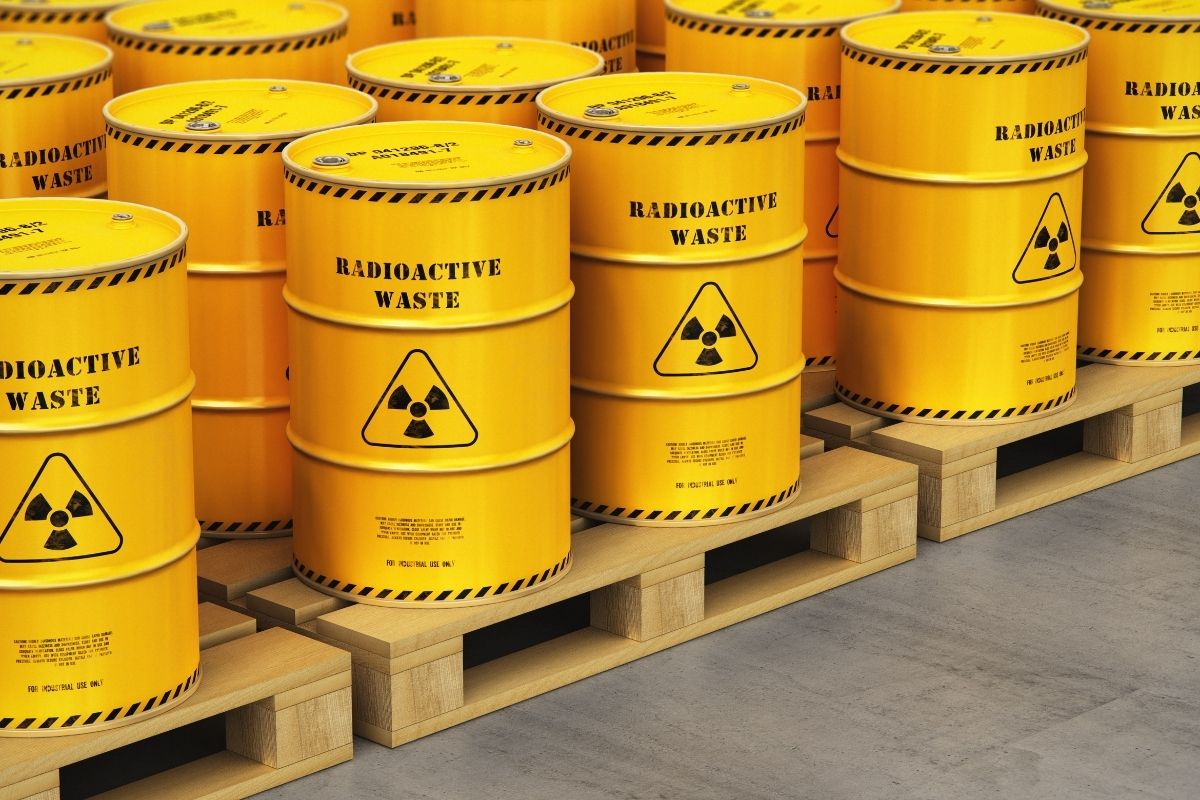Disposal of Radioactive Waste

Every business-owner who deals with radioactive materials must learn how to properly get rid of radioactive waste. Studying all these rules and techniques may seem like a hassle, but mishandling waste can lead to criminal charges down the road. To avoid legal trouble, read along and absorb the different techniques used in the disposal of radioactive waste. Based on this, you can decide what business partnerships you’ll need to make moving forward.
Near-Surface Disposal
The preferred option for low-level radioactive waste (LLW) and intermediate-level radioactive waste (ILW), near-surface disposal involves storing the hazardous chemicals at depths more than tens of meters below the surface. Popular methods for how to properly dispose of radioactive waste, these disposal facilities are implemented for short periods of time, usually for waste with a half-life of 30 years or fewer.
Deep Geological Disposal
High-level radioactive waste (HLW) must be stored deep underground in facilities that require no maintenance for future generations. The purpose of deep geological disposal of nuclear waste is to build isolation for the waste by keeping it under natural barriers such as salt, clay, and rock. The waste is kept at depths between 250 and 1,000 meters. With enough time left unattended, the waste will decay.
Interim Waste Storage
Pending longer-term solutions, there are several methods for short-term disposal of radioactive waste. Some of these include:
- Storage ponds: Somewhere between 7 and 12 meters deep and made with thick concrete, these ponds hold fuel assemblies underwater, cooling and shielding the waste.
- Dry storage: After the waste has cooled in ponds for at least five years, it can be moved to dry casks or vaults, usually with air circulation. This type of storage has been used in United States nuclear power plants since the 1980s.
- Transport casks: Weighing up to 110 tons when empty, Type B casks store used fuel assemblies for shipping purposes. They can hold highly radioactive material.
With so many methods for storing and disposing of nuclear waste available, there’s no excuse for avoiding this responsibility. We all must be prepared to do what we can to keep the planet safe.
